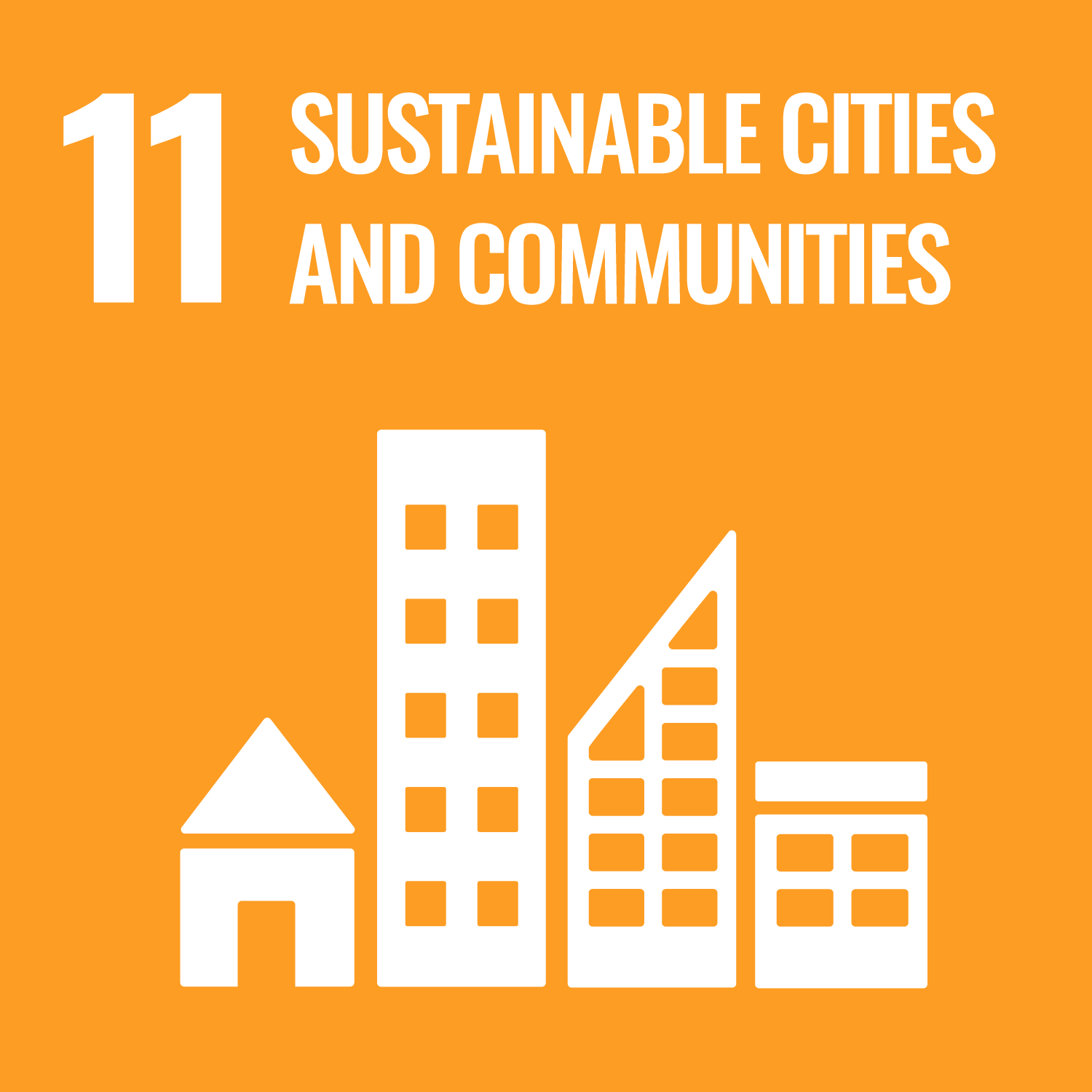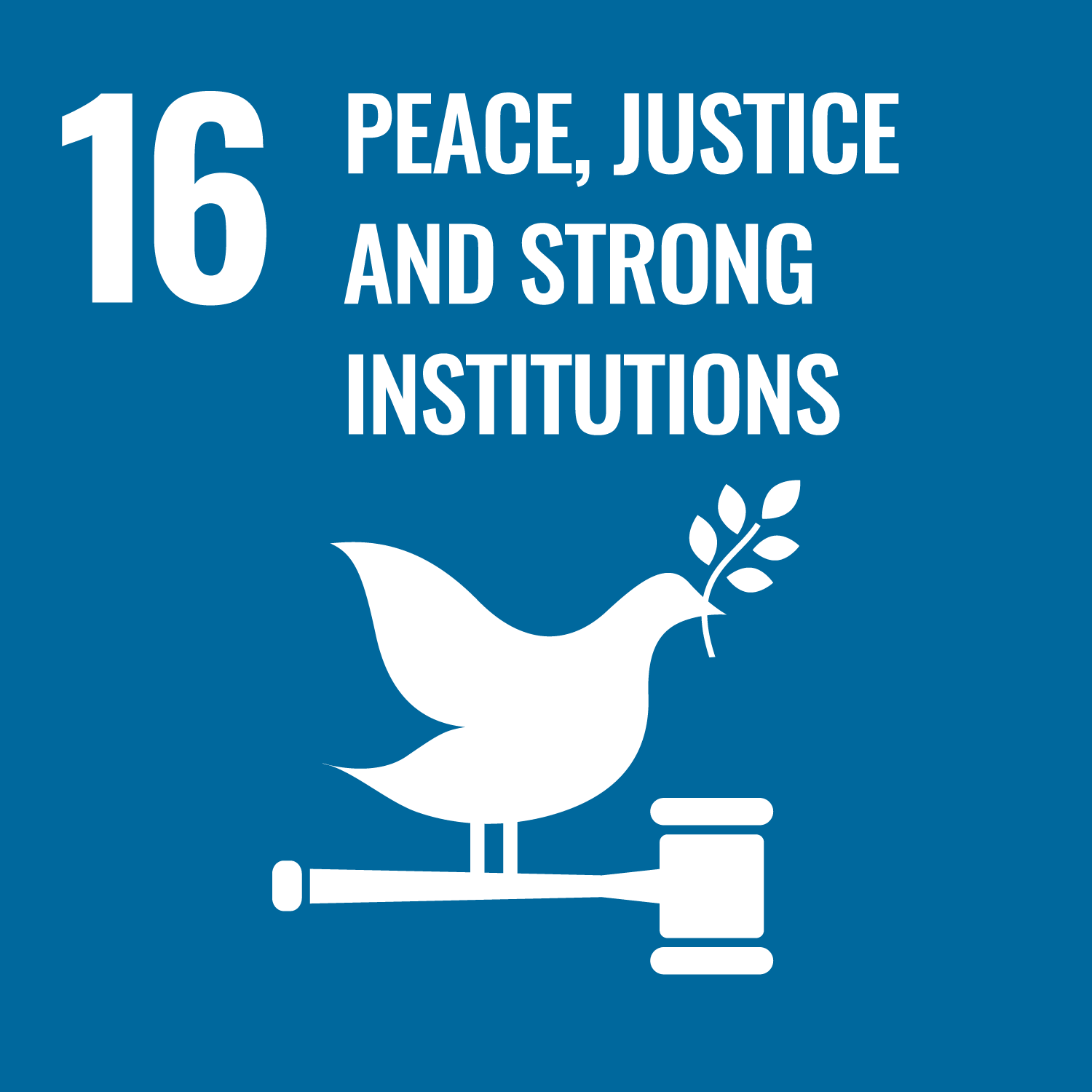ーThe road to Startup Challengeー Interview with JICA participants No more hardships. We unite people for better life. Vol.1



2024.03.28
Mr. Radyan Putra Pradana (Pradana san), a JICA scholarship participant at Hiroshima University, along with other Indonesian students at the university, was chosen as one of the top 10 teams in the "Higashi-Hiroshima City Student Startup Challenge 2023".
We also welcome a team member, former JICA participant Mr. Reza Abdullah (Reza san), who completed his Master last September, and Mr. Muraoka, Director General of JICA Chugoku, who has experience working at the JICA Indonesia office, to have an interview session talking about the reasons why they applied for this Startup Challenge, their life in Japan, their Japanese language skills, and the future development of bilateral relations between Indonesia and Japan. It was a meaningful time, and we are pleased to share it with you in two parts!
From left: Pradana san, Mr.Muraoka(Director General), Reza san, and Ms.Fujiwara(Officer for Private Sector Partnership)
Interviewer (Ms. Fujiwara): Thank you for coming in the cold weather. Congratulations on the Startup Challenge. First, Please tell me about youselves. What did you do before coming to Higashi-Hiroshima City, where Hiroshima University and JICA Chugoku are located?
Pradana san: Thank you for this precious opportunity! I have been working in Indonesia as a civil servant and researcher in the Agency for Meteorology, Climate and Geophysics for 15 years since 2008. Since I came to Higashi-Hiroshima, I have been researching the development of low carbon green building design in Indonesia under the JICA SATREPS project for my PhD at Hiroshima University. There are many international students in Higashi-Hiroshima, and I feel very comfortable interacting and studying with them. I find it very comfortable because it is not crowded like many big cities in Japan. I am so happy to live in Higashi-Hiroshima where the quality of life is very high.
Reza san: Thank you very much for this very honorable opportunity. I, like Pradana san, was a civil servant, working as a systems information analyst for the Ministry of Spatial Agrarian Affairs and Spatial Planning/National Land Agency. I used to watch a lot of Japanese animation when I was a child, but I could never imagined that I would be in Japan as I am now, and thanks to JICA I was able to open the way for me to come to Japan, and I am very grateful to JICA for giving me this opportunity. As for Hiroshima, I knew of the Atomic Bomb Dome from history, but unfortunately had never heard of the areas of Higashi-Hiroshima City and Saijo. When I was in Indonesia, I lived and worked in the metropolitan area, so sometimes it took me about an hour and a half to get from my home to my office. However, since I started living in Higashi-Hiroshima, I am able to use my time more efficiently. I can spend more time with my family.
Mr. Muraoka: I was in the Indonesia office until March 2023, so your story reminded me of ‘Jam karet’. I heard about your happiness since your stay here in Higashi-Hiroshima, but on the other hand, were there any difficulties or hardships during your stay?
Pradana san: I remember the time well when I arrived in Higashi-Hiroshima for the first time. It was in the middle of COVID-19. It was a time that required quarantine. It was a difficult time until I left for Japan, especially to get to Higashi-Hiroshima City. Once the lectures started, I attended classes online, I couldn't even go outside. It was a very stressful environment for me.
Reza san: My experience was a contributing factor to joining this start-up project. My wife, who came to Japan with me, gave birth to our daughter here in Saijo, and she had fibrosing disease and felt pain in her body, and it was 10:00 or 11:00 p.m., and she said she was having a hard time breathing. I had to call an ambulance to take her to the hospital. It was a difficult situation. I had to make a phone call, but I couldn't speak Japanese at the time. I called a friend who was still awake during the night and asked for assistance. I made it to the emergency hospital, but neither the doctors nor the nurses spoke English. I called my friend again and asked her to translate while I translated to my wife in Indonesian. It took a long time. My wife recalls that it was very difficult.
Mr. Muraoka: That was a very difficult time for you. I am glad to hear that your wife felt better afterwards. After hearing your story, I understand one of the reasons why you are working on the start-up issue. How do you feel about the situation of foreign nationals living here in Higashi-Hiroshima City? I think the most difficult thing is still when you need to go to the hospital in an emergency.
Pradana san: I think this is especially true for all foreigners living in Japan for the first time. I had very limited preparation even before studying at Hiroshima University. Even those of us who have knowledge and skills in special fields, like us, are not so well prepared in terms of communication and Japanese language skills. It is quite challenging not only for us Indonesians but also for foreigners from other countries. Of course, it is quite normal and natural to experience culture shock at the differences between our home country and Japan.
Mr. Muraoka: Yes, I agree. While I was staying in Indonesia, I also had difficulty communicating with doctors at the hospital. I could not explain my symptoms in detail and accurately in English. What difficulties did you face in developing this application when participating in the Startup Challenge?
Reza san: We have first developed a roadmap (progression plan) for the short, medium, and long term. In the short term, we plan to collaborate with cooperatives that can accept interpreters and ‘Ginou-Jishusei’. International students attending Hiroshima University speak 3 or 4 languages. One of those languages is Japanese. However, they do not know how to use their skills. We confirm that gaining experience through part-time work as an interpreter will encourage students to further their Japanese language studies. Hiroshima Prefecture has a union that can accept many ’Ginou-Jiishusei’, but in some cases, not just Indonesian students, they try to refuse to come to Japan because there are no interpreters who speak the native language of those who wish to visit Japan. However, there are foreign students at the university who speak the language of the country. If we can connect them here, we can match supply and demand efficiently and effectively by interpreters.
Pradana san: Many foreigners shared with others their experiences of how they struggled with communication problems. Many Indonesians come to Japan every year, and the same problems occur repeatedly.
Reza san: There are two patterns of difficulties I find, the first is related to life in general. Most Indonesians are Muslim and pray five times a day. Therefore, it would be helpful to have a place of worship near the event site (center of the city) so that people can participate in many activities. It would also be helpful if there are halal foods available. In Japan, even if you smell delicious food, you do not know whether you can eat it or not. I would like to be able to enjoy my meals more. The second is related to individuals based on the purpose of their visit to Japan. There are two purposes for coming to Japan: studying abroad and working. I came to Japan as a foreign student and was able to take a Japanese language course at a university free of charge. If I had any problems, I was able to consult with the government (communication corner,red) and get help. I am very grateful for that. The number of cases of people coming to Japan for work is increasing every year. Since they are ”Ginou-Jishusei”, they must acquire the necessary skills while working as soon as they arrive in Japan. Many of them cannot speak Japanese well, but after one year they must take a Japanese language test and if they do not reach the standard, they cannot continue to be employed. Because of this situation, it is necessary to have an interpreter accompany them when they first arrive in Japan. The interpreter should not only interpret but also assist the foreigner in smoothly living in Japan by greeting them at the airport and teaching them the rules necessary for daily life, such as how to take out the trash. In Hiroshima, there were about 170 Kumiai (unions) connected to Indonesian agencies sending out foreign workers. Kumiai are between the sending organizations in Indonesia and the host companies in Japan. The Kumiai and Ginou-Jissusei and "Tokutei Ginou-Jissusei" meet on an ongoing basis. Kumiai needs the services of an interpreter. This is one of the main reasons why we proposed the development of this application.
Mr. Muraoka: Thank you very much. I understand why you and your team developed this app to support the foreign residents here in Higashi-Hiroshima City. I heard that you held 'the demo day' as a presentation of the results. How was the response?
Pradana san: This was a very valuable opportunity. We were selected as one of 10 selected projects out of 19 entries. Among them, we were the only international student participants. The ideas of the other teams were also excellent. We learned about the opportunity and worked very hard to solve this problem in a short period of time, interviewing specific technical interns, collecting samples, etc. We supported them and helped them to solve this kind of problem. It was great to be a part of it because we helped them solve this kind of problem while supporting them.
[GO ON TO THE NEXT PAGE]

Scene at the presentation (provided by Reza san)


scroll